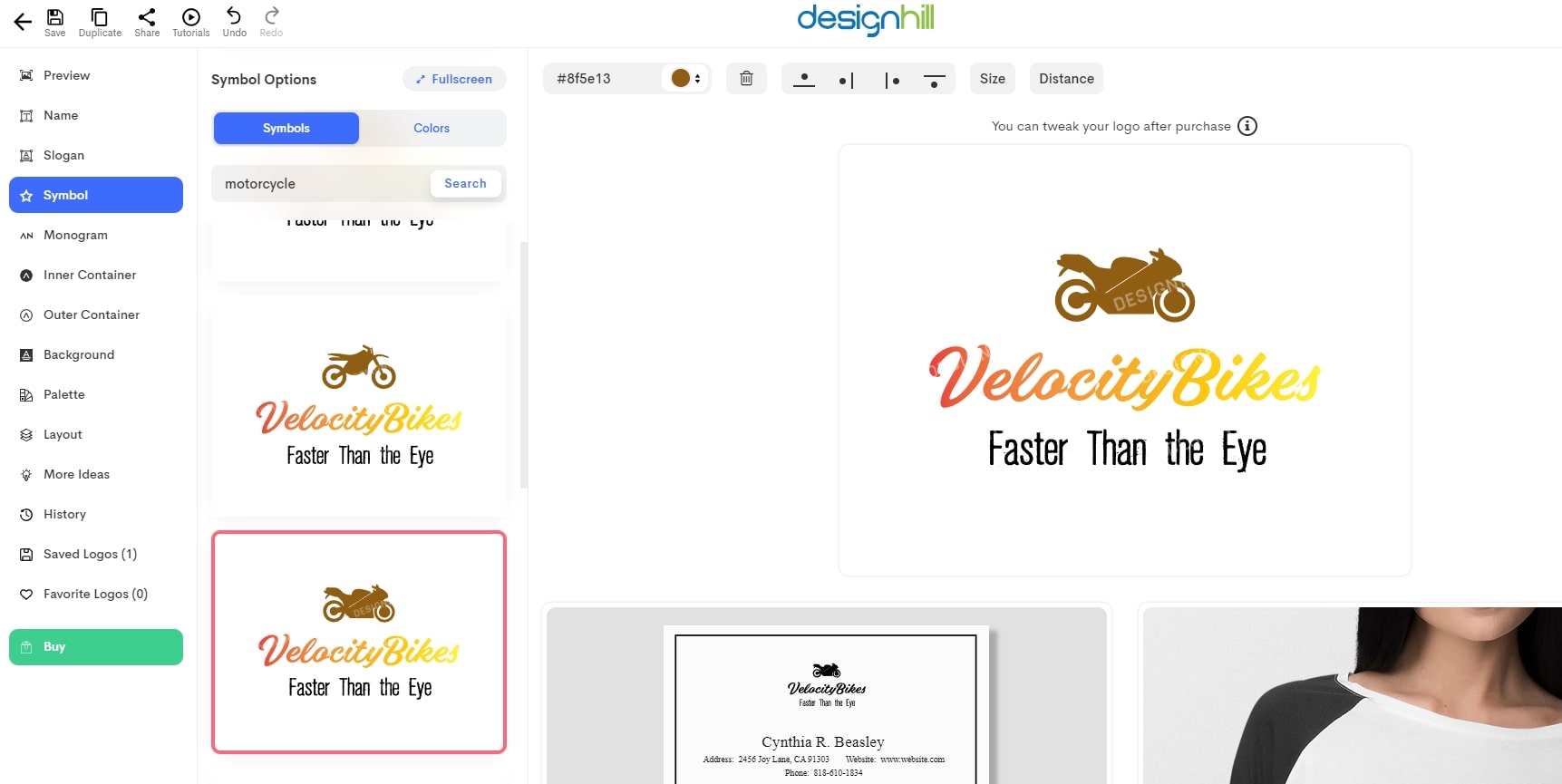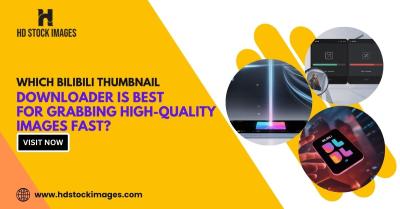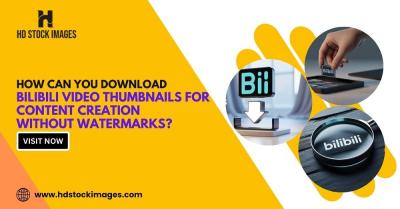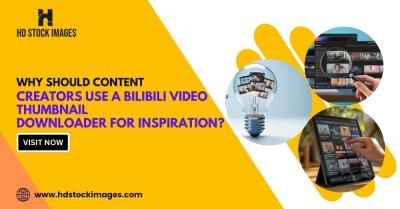The journey of logo design is a tale of evolving artistry and technology. From its inception in ancient times to the sophisticated AI-driven designs of today, the evolution of logo design reflects broader changes in technology, culture, and business practices. This journey can be divided into distinct eras:
- Early and Middle Ages: Symbols were used to represent guilds, families, and kingdoms. These early logos were simplistic in design but rich in meaning.
- Industrial Revolution: With mass production, logos became crucial for brand identification. The focus was on distinct and memorable designs that could be easily replicated.
- 20th Century: The rise of advertising led to more artistic and unique logos. Brands sought to differentiate themselves through innovative designs, which became symbols of corporate identity.
- Digitization Era: The advent of digital technology and software like Adobe Photoshop and Illustrator revolutionized logo design, offering more flexibility and creative possibilities.
- AI-Driven Present: Today, AI technologies are transforming logo design into a more efficient, data-driven process, creating designs that are both innovative and personalized.
This evolution has been marked by several key shifts:
| Period | Characteristics | Impact on Design |
|---|
| Early to Middle Ages | Simplistic, Symbolic | Foundation for brand identity |
| Industrial Revolution | Reproducible, Memorable | Focus on brand recognition |
| 20th Century | Artistic, Unique | Emphasis on differentiation |
| Digitization Era | Flexible, Creative | Expanded design possibilities |
| AI-Driven Present | Data-Driven, Efficient | Personalization and innovation |
The latest phase, characterized by AI-driven logo design, leverages algorithms and machine learning to generate logos that are not only aesthetically pleasing but also aligned with brand values and customer preferences. This AI-driven approach offers several advantages:
- Efficiency: AI can generate multiple design options in a fraction of the time it takes for traditional methods.
- Personalization: Algorithms can analyze brand data to create logos that resonate more deeply with the target audience.
- Innovation: AI introduces new design elements and styles, pushing the boundaries of traditional logo design.
As AI continues to evolve, it is poised to further transform the landscape of logo design, offering unprecedented opportunities for creativity and brand expression.
 AI logo
AI logo design is a groundbreaking approach that combines the creative process of logo creation with advanced artificial intelligence technology. This fusion results in a highly efficient, innovative, and personalized design process. Understanding how
AI logo design works involves breaking down its key components and processes:
- Data Input: The process starts with the user inputting specific data, such as brand name, industry type, color preferences, and any thematic elements they desire in their logo. This data serves as a guideline for the AI to begin its creative process.
- Algorithmic Analysis: AI algorithms analyze the input data, often referencing a vast database of design elements, styles, and historical logo trends. This analysis helps in understanding the brand's needs and the current market trends.
- Concept Generation: Utilizing machine learning, the AI then generates numerous logo concepts. These concepts vary in design, color, and typography, offering a wide range of options.
- Refinement: Users can review these initial concepts and provide feedback. The AI uses this feedback to refine the designs, adapting to the user's preferences and making adjustments as needed.
- Final Design: Once the user is satisfied with a specific design, the AI finalizes the logo, often providing different formats and variations for various uses.
This process is underpinned by several key technologies and methodologies:
| Technology/Methodology | Role in AI Logo Design |
|---|
| Machine Learning | Enables the AI to learn from data inputs and improve over time, ensuring better design outcomes with each iteration. |
| Natural Language Processing | Helps in interpreting and processing the user’s textual input, allowing the AI to understand user requirements more accurately. |
| Neural Networks | Simulates human brain functioning, assisting in complex decision-making processes and creative generation of logo designs. |
| Generative Adversarial Networks (GANs) | Used for generating new designs by pitting two AI algorithms against each other – one creating designs and the other evaluating them. |
The integration of these technologies results in a dynamic design process that not only
speeds up the creation of logos but also ensures that they are
highly tailored to each brand's unique identity. As AI technology continues to advance, we can expect even more sophisticated and intuitive logo design processes in the future.
Benefits of Using AI for Logo Creation
Artificial Intelligence (AI) has revolutionized the field of logo design, offering a multitude of benefits that streamline and enhance the creative process. From small startups to large corporations,
AI logo creation tools are transforming how brands conceptualize and develop their visual identities. Here are some of the key benefits:
- Efficiency and Speed: AI significantly reduces the time required to design a logo. What traditionally might take days or weeks can now be accomplished in a matter of hours or even minutes.
- Cost-Effectiveness: AI eliminates the need for extensive human labor in the initial design stages, making it a cost-effective solution, especially for small businesses or individuals with limited budgets.
- Variety of Choices: AI algorithms can generate a wide array of design options, providing users with a diverse selection of logos to choose from.
- Customization: AI tools often offer extensive customization options, allowing users to tweak designs to perfectly match their brand's vision and requirements.
- Data-Driven Design: AI algorithms can analyze current trends and user preferences, leading to data-informed designs that are more likely to resonate with the target audience.
- Consistency: AI ensures consistency in design, which is crucial for brand identity. It can easily adapt and replicate elements across various formats and platforms.
- Accessibility: With AI, high-quality logo design becomes more accessible to non-designers, democratizing the design process.
Beyond these benefits,
AI logo creation also provides:
| Benefit | Description |
|---|
| User-Friendly Interface | AI tools are designed with user-friendly interfaces, making them accessible even to those with little to no design experience. |
| Scalability | AI can easily handle increasing demands or upscale the complexity of designs as a business grows. |
| Continuous Learning | The AI’s machine learning component means that it continuously improves, adapting to new design trends and user feedback. |
These benefits highlight why AI is becoming a game-changer in the logo design industry. By leveraging AI, businesses can not only save time and money but also ensure that their logos are modern, adaptable, and aligned with their brand identity. As AI technology continues to evolve, we can expect even more advanced capabilities in the realm of logo creation.
Top AI Logo Design Tools and Platforms
The advent of AI in the field of logo design has led to the emergence of various tools and platforms that make the process more accessible and efficient. These AI-driven tools are equipped with advanced algorithms capable of creating high-quality, customized logos. Here's a look at some of the top AI logo design tools and platforms available today:
- LogoAI: Known for its simplicity and efficiency, LogoAI uses AI to generate logos based on user input. It's popular among startups and small businesses due to its cost-effectiveness and ease of use.
- Looka (formerly Logojoy): This tool combines AI with user's design preferences to create unique logos. Looka also offers branding and social media kit services, making it a comprehensive branding solution.
- Canva’s Logo Maker: While primarily a graphic design tool, Canva offers an AI-assisted logo maker that is user-friendly and perfect for those who also need other design services.
- Tailor Brands: Tailor Brands uses AI to create logos, branding materials, and even provides website design services. Its holistic approach to branding makes it a go-to for many businesses.
- Wix Logo Maker: Part of the Wix web development platform, its logo maker uses AI to produce stylish and relevant logo designs, particularly beneficial for those who already use Wix for their website.
Each of these tools has its unique features and advantages:
| Tool | Key Features | Best For |
|---|
| LogoAI | Fast, intuitive design process | Small businesses, startups |
| Looka | High customization, additional branding services | Comprehensive branding needs |
| Canva’s Logo Maker | Easy-to-use, integrated with other design tools | General graphic design purposes |
| Tailor Brands | Complete branding solution, website design | Businesses looking for a full branding package |
| Wix Logo Maker | Integration with Wix platform, stylish designs | Existing Wix users |
When choosing an AI logo design tool, consider factors like ease of use, customization options, additional services offered, and overall cost. The right tool for your business will depend on your specific needs, budget, and the level of control you want over the design process.
How to Choose the Right AI Logo Designer for Your Needs
Selecting the right AI logo designer is crucial for creating a logo that accurately represents your brand and appeals to your target audience. With numerous AI logo design tools available, making the right choice can be challenging. Here are key factors to consider when choosing an AI logo designer:
- User-Friendliness: Look for a platform that is easy to navigate, especially if you are not a design expert. A user-friendly interface will make the design process more efficient and enjoyable.
- Customization Options: Ensure that the tool offers enough customization options to create a unique logo that aligns with your brand's identity. This includes choices in fonts, colors, and graphics.
- Quality of AI Technology: The sophistication of the AI technology used is crucial. Advanced AI can better understand your requirements and provide more accurate and creative design options.
- Cost: Compare pricing plans to find a service that fits your budget. Some tools offer free basic options with paid upgrades, while others may require a one-time fee or subscription.
- Design Varieties: A good AI logo designer should offer a wide range of design templates and styles to ensure you have plenty of options to choose from.
- Brand Consistency: The tool should be capable of maintaining consistency across various logo iterations, ensuring your brand identity remains cohesive.
- Feedback and Revision Capabilities: Check if the tool allows you to provide feedback and make revisions to the generated designs. This is important for fine-tuning your logo.
Additionally, consider the following aspects:
| Aspect | Importance |
|---|
| Customer Support | Reliable customer support can be crucial for resolving any issues or queries you might have during the design process. |
| Additional Services | Some AI logo designers offer extra services like branding materials, social media kits, or website design, which can be beneficial. |
| Reviews and Testimonials | Checking user reviews and testimonials can provide insight into the tool’s effectiveness and user satisfaction. |
By considering these factors, you can choose an AI logo designer that not only meets your specific needs but also helps in creating a logo that stands out and effectively represents your brand.
Case Studies: Successful Brands Using AI-Designed Logos
The use of AI in logo design is not just a trend; it's a practical approach that several successful brands have adopted. These case studies showcase how AI-designed logos have positively impacted businesses, highlighting the effectiveness of AI in crafting compelling brand identities. Here are a few notable examples:
- Brand A: A tech startup that used an AI logo design tool for its branding. The AI system provided numerous options based on the company’s core values and target audience. The result was a modern, tech-savvy logo that significantly boosted their brand recognition in a competitive market.
- Brand B: An e-commerce platform chose an AI-designed logo to reflect its dynamic and user-friendly nature. The AI tool used data from the company’s customer interactions to create a design that appealed to its primary demographic, leading to increased customer engagement and sales.
- Brand C: A small business with a limited budget used an AI logo designer for cost-effectiveness. The AI provided a professional-looking logo that aligned with their business philosophy, greatly enhancing their market presence and credibility.
These case studies highlight specific outcomes:
| Brand | Outcome |
|---|
| Brand A | Increased brand recognition and a strong market entry |
| Brand B | Higher customer engagement and a boost in sales |
| Brand C | Enhanced market presence and improved brand credibility |
Each of these brands showcases how AI can be effectively used to design logos that are not only visually appealing but also resonate with the target audience and reflect the brand's ethos. These successes demonstrate that AI-designed logos can be a powerful tool for businesses of all sizes, helping them to establish a strong and distinctive brand identity in a cost-effective and efficient manner.
Tips and Best Practices for Designing a Logo with AI
Designing a logo using AI involves more than just inputting data and waiting for results. It requires a strategic approach to ensure that the final product effectively represents your brand. Here are some essential tips and best practices for designing a logo with AI:
- Define Your Brand Identity: Before starting with AI logo design, have a clear understanding of your brand identity – including your mission, values, target audience, and brand personality. This will guide the AI in creating a logo that aligns with your brand.
- Choose the Right AI Tool: Select an AI logo design tool that suits your needs. Consider factors like usability, customization options, and the quality of designs it produces.
- Provide Detailed Input: The more information you provide to the AI, the better the outcomes. Include details about your brand, preferred color schemes, fonts, and any specific design elements you desire.
- Experiment with Different Options: AI tools typically offer a range of options. Don’t hesitate to explore different designs before making a final decision.
- Seek Feedback: Getting feedback from team members, stakeholders, or even your target audience can provide valuable insights and help refine the logo.
- Ensure Scalability: Your logo should look good across different mediums and sizes. Check the scalability of the design to ensure it maintains its integrity on everything from business cards to billboards.
- Stay True to Your Brand: While AI can offer creative designs, always ensure that the final logo accurately represents your brand and communicates the right message.
Consider these additional best practices:
| Practice | Importance |
|---|
| Consistency | Maintain consistency with your brand’s overall visual identity for a cohesive look. |
| Simplicity | A simple design often makes a more powerful and memorable impact. |
| Future-Proofing | Design with the future in mind; ensure your logo can evolve with your brand. |
By following these tips and best practices, you can leverage AI to create a logo that not only looks professional but also encapsulates the essence of your brand, ensuring a lasting impact.css
Copy code
- Can AI create a unique logo that stands out?
Yes, AI can create unique logos by analyzing large datasets of design elements and current trends. However, the uniqueness also depends on the input and customization done by the user.
- Is AI logo design expensive?
Generally, AI logo design is more cost-effective than hiring a professional designer. Many AI design tools offer free versions or affordable pricing models suitable for small businesses and startups.
- Do I need design skills to use AI logo design tools?
No, one of the main advantages of AI logo design tools is their ease of use, making them accessible even to those with no graphic design experience.
- How much control do I have over the design process?
This varies by tool, but most AI logo design platforms offer a degree of customization, such as adjusting colors, fonts, and layout after the initial design is generated.
- Can I trademark a logo designed by AI?
Yes, a logo created by AI can be trademarked as long as it is original and meets the criteria set by the trademarking authority in your region.
- How long does it take to create a logo with AI?
One of the biggest advantages of AI logo design is speed. You can typically generate a logo design in a matter of minutes.
- Is AI logo design suitable for any type of business?
AI logo design is versatile and can be suitable for a wide range of businesses, from startups to established corporations, across various industries.
Conclusion: The Future of Logo Design with AI
The integration of artificial intelligence in logo design marks a significant shift in how brands approach their visual identities. AI offers a blend of efficiency, cost-effectiveness, and creative diversity that is hard to match with traditional design methods. As AI technology continues to evolve, we can anticipate even more sophisticated and intuitive design tools, further streamlining the logo creation process.AI logo design not only democratises the design process for small businesses and individuals with limited budgets but also provides large corporations with a tool for rapid prototyping and brand experimentation. The ability of AI to analyze and implement current design trends ensures that logos remain relevant and visually appealing.However, the role of human creativity and insight remains crucial. AI serves as a tool that augments and enhances the design process, not a replacement for human creativity. The best logo designs will likely continue to come from a synergy between human designers and AI tools, combining the creative instincts and experience of the former with the speed, efficiency, and data-driven insights of the latter.In conclusion, the future of logo design with AI looks promising, offering exciting possibilities for businesses and designers alike. It's a future where technology empowers creativity, leading to brand identities that are not only visually stunning but also deeply connected to data-driven market insights.
 AI logo design is a groundbreaking approach that combines the creative process of logo creation with advanced artificial intelligence technology. This fusion results in a highly efficient, innovative, and personalized design process. Understanding how AI logo design works involves breaking down its key components and processes:
AI logo design is a groundbreaking approach that combines the creative process of logo creation with advanced artificial intelligence technology. This fusion results in a highly efficient, innovative, and personalized design process. Understanding how AI logo design works involves breaking down its key components and processes:
 admin
admin








